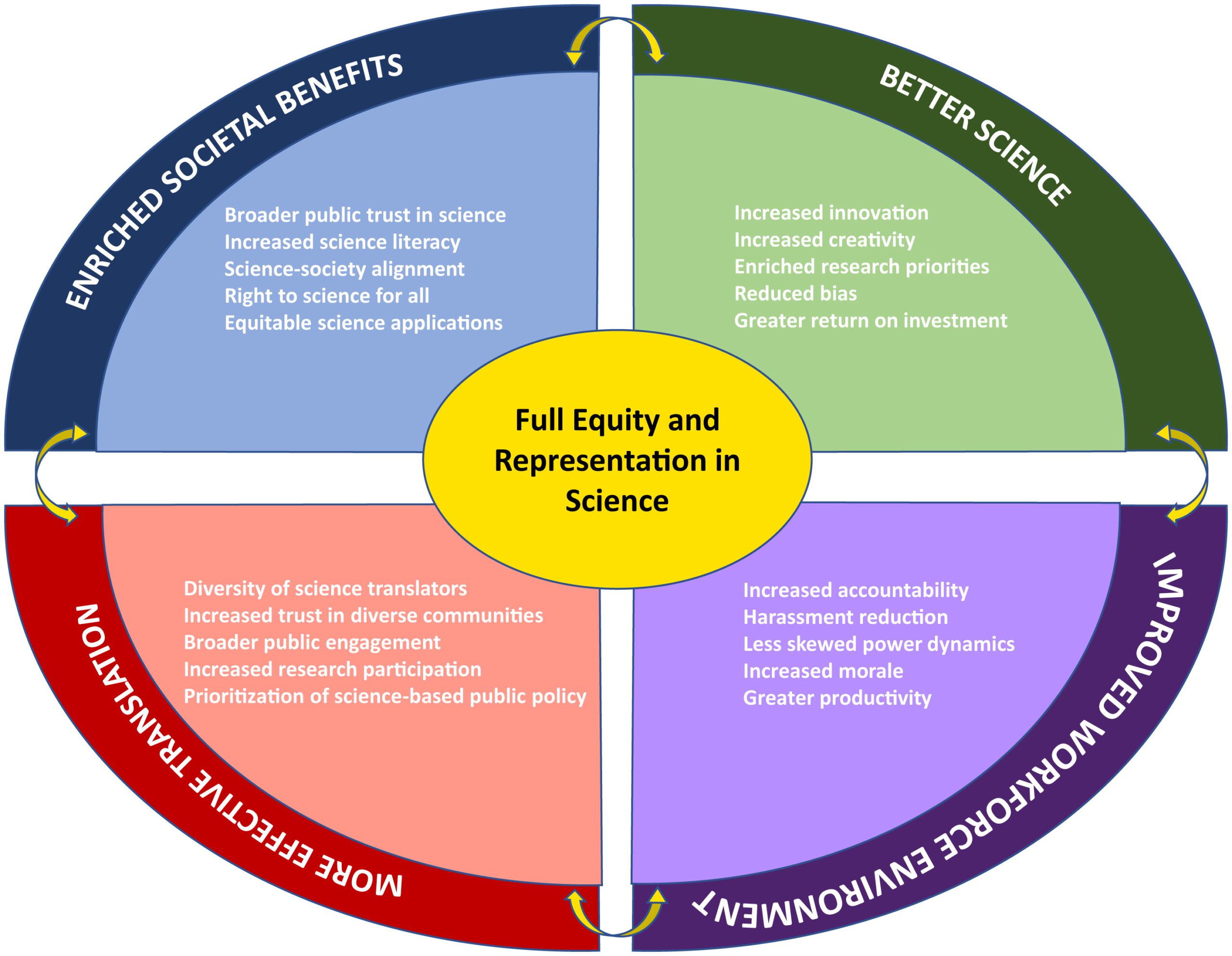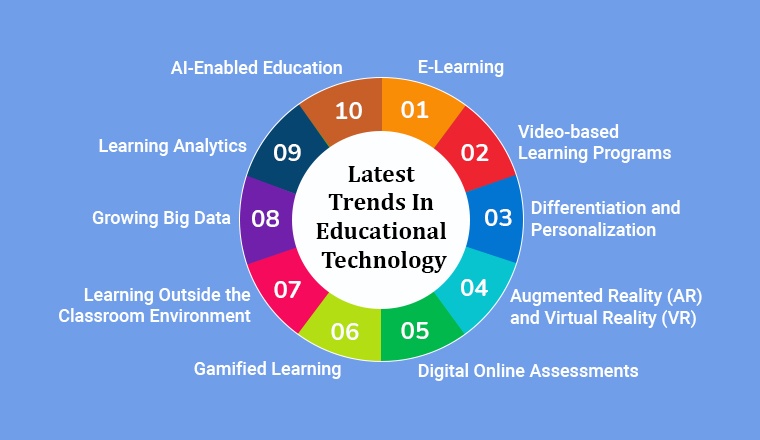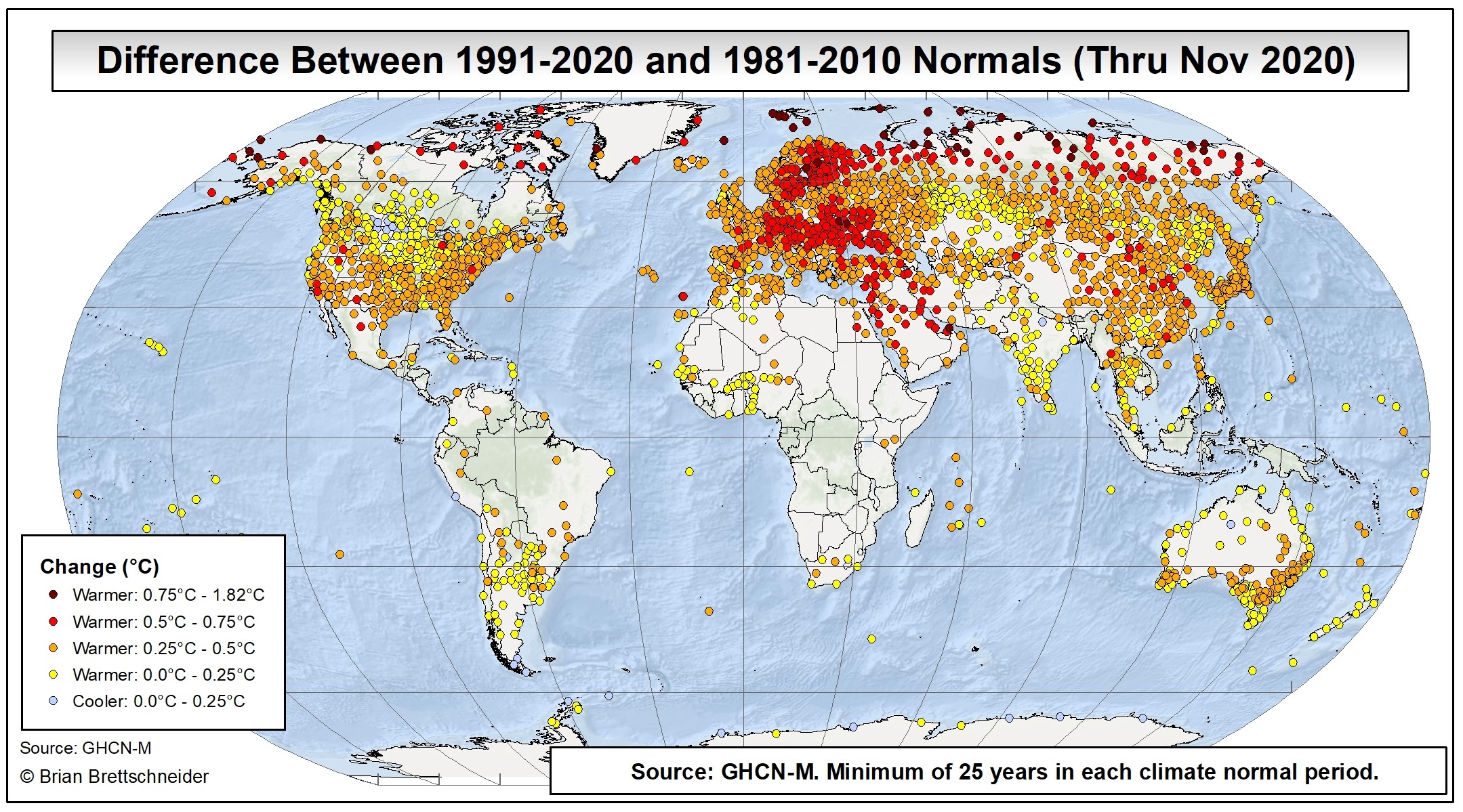Inequality – A Diverse Perspective
Inequality has always been a hot topic in society, and it’s rarely seen from the same perspective across different people. When we talk about inequality, we may mean different things to different people. In general, inequality indicates a lack of fairness and equal opportunities among individuals. However, the reasons for such inequality differ greatly from place to place and person to person. In this blog post, we will explore different perspectives on inequality.
Economic Inequality
Economic inequality is a common type of inequality that’s often the topic of political debates and social advocacy campaigns. A minority of wealthy people control a significant portion of the world’s resources, while the vast majority of people struggle to pay for basic necessities. Those in poverty are often left without adequate healthcare, education, and opportunities for upward mobility. This type of inequality creates a disadvantaged class of people who can never truly get ahead.
Gender Inequality
Gender inequality refers specifically to the unequal treatment of people based on their biological sex. Women, in particular, are often subject to gender-based discrimination in society, including employment opportunities, wages, and workplace harassment. Women around the world also face barriers to accessing educational opportunities and healthcare.
Racial Inequality
Racial inequality is a type of inequality that is deeply ingrained in many countries’ histories. It refers to the unequal treatment of people of different races, and it often results in institutional racism, including segregation, discrimination, and racial profiling. The marginalization of certain races can lead to limited employment opportunities, poor access to healthcare, and a lack of representation in politics.
Social Inequality
Social inequality refers to the unequal distribution of resources and opportunities in society that often leads to class distinctions based on income and education level. People with high socioeconomic status tend to have more opportunities for advancement and better access to healthcare and educational resources.
In conclusion, inequality is a complex issue that takes many forms. It impacts different groups of people in different ways, and each group’s perspective is critical to understanding and addressing inequality. We must recognize and appreciate diverse perspectives to propose actionable solutions to systemic inequality, and everyone must understand the need for fairness and equity for all. As a society, we must work together to create meaningful change and recognize that everyone deserves the chance to live a life full of dignity and opportunity.











